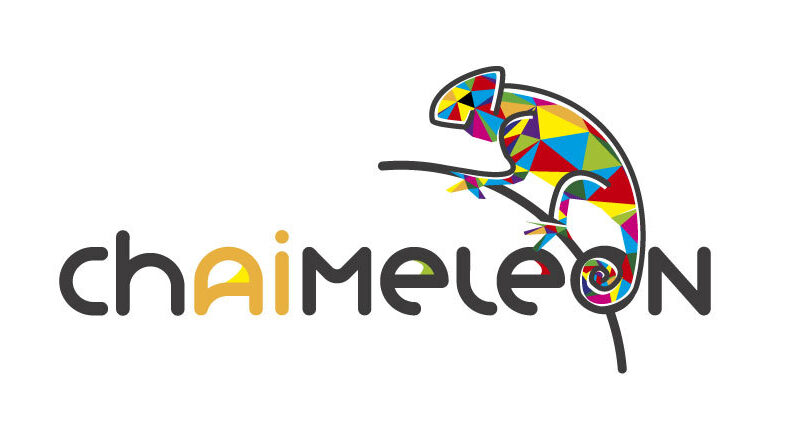About this cookie policy.
This Cookie Policy explains what cookies are and how we use them. You should read this policy to understand what cookies are, how we use them, the types of cookies we use i.e, the information we collect using cookies and how that information is used and how to control the cookie preferences. For further information on how we use, store and keep your personal data secure, see our Privacy Policy.
You can at any time change or withdraw your consent from the Cookie Declaration on our website.
Learn more about who we are, how you can contact us and how we process personal data in our Privacy Policy.
Your consent applies to the following domains: chaimeleon.eu
[user_consent_state]
[wt_cli_manage_consent]
What are cookies ?
Cookies are small text files that are used to store small pieces of information. The cookies are stored on your device when the website is loaded on your browser. These cookies help us make the website function properly, make the website more secure, provide a better user experience, and understand how the website performs and to analyze what works and where it needs improvement
How do we use cookies ?
As most of the online services, our website uses cookies first-party and third-party cookies for a number of purposes. The first-party cookies are mostly necessary for the website to function the right way, and they do not collect any of your personally identifiable data.
The third-party cookies used on our websites are used mainly for understanding how the website performs, how you interact with our website, keeping our services secure, providing advertisements that are relevant to you, and all in all providing you with a better and improved user experience and help speed up your future interactions with our website.
What types of cookies do we use ?
The cookies used on our website are grouped into the following categories.
[cookie_category]
We use an open-source analytics platform, Matomo (formerly Piwik), fully controlled by the European Commission. This platform enables the protection of end-user personal data thanks to features such as IP address de-identification. Cookies (from Matomo) enable the European Commission to track the following information about visitors. We use this information to prepare aggregated, anonymous statistics reports of visitors’ activity:
- IP address (masked)
- Location: country, region, city, approximate latitude and longitude (Geolocation)
- Date and time of the request (visit to the site)
- Title of the page being viewed (Page Title)
- URL of the page being viewed (Page URL)
- URL of the page that was viewed prior to the current page (Referrer URL)
- Screen resolution of user’s device
- Time in local visitor’s time-zone
- Files that were clicked and downloaded (Download)
- Links to an outside domain that were clicked (Outlink)
- Pages generation time (the time it takes for webpages to be generated by the webserver and then downloaded by the visitor: Page speed)
- Main language of the browser being used (Accept-Language header)
- Browser version, browser plugins (PDF, Flash, Java, …) operating system version, device identifier (User-Agent header)
- Language of the visited page
- Campaigns
- Site Search
- Events
To improve the accuracy of the produced reports, information is also stored in a first-party cookie from our website:
- Random unique Visitor ID
- Time of the first visit for the specific visitor
- Time of the previous visit for the specific visitor
- Number of visits for the specific visitor
How can I control the cookie preferences ?
You can manage your cookies preferences by clicking on the “Cookie Settings” button and enabling or disabling the cookie categories on the popup according to your preferences.
Should you decide to change your preferences later through your browsing session, you can click on the “Manage Consent” button on your screen. This will display the consent notice again enabling you to change your preferences or withdraw your consent entirely.
In addition to this, different browsers provide different methods to block and delete cookies used by websites. You can change the settings of your browser to block/delete the cookies. To find out more about how to manage and delete cookies, visit wikipedia.org, www.allaboutcookies.org.


